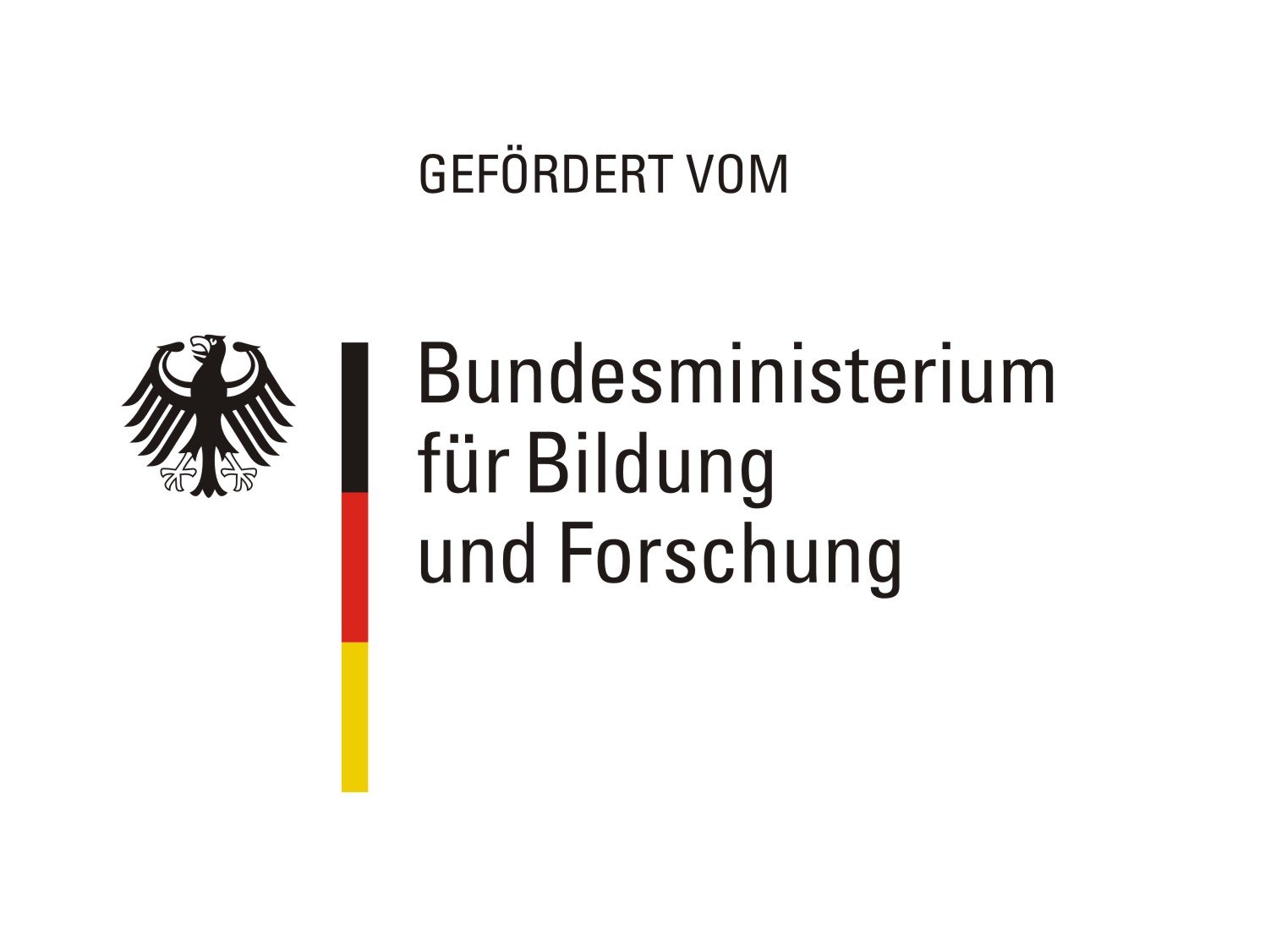Information for
international students
Information for
international students
Entry: with or without a visa?
Students from the European Union (EU), the European Economic Area (EEA) and from some other countries can enter Germany without a visa. As a rule, all other international students need a visa – especially if they want to stay longer than three months in Germany.
Find out in advance about the entry regulations which apply for your country! Once you arrive in Germany, you must present your visa to the German Aliens Department where it will be converted to a residence permit for the purpose of studying.
A visa for Germany is always issued for a particular purpose. Students apply for a student's visa or for a visa as an applicant for a university place. To do this, you have to contact either the German Embassy or the German Consulate General in your home country. Do not enter Germany with a tourist visa – you will not be able to convert it to a residence permit once you are in Germany!
In any case, to get a visa you need a passport, a notification of admission or, as the case may be, a confirmation of your application from your German university and, most importantly, a proof that you can finance your studies. The German Embassy or the German Consulate General can inform you of any further requirements.
If you already have a notification of admission to study, then you can apply for a student's visa.
However, the notifications of admission from Germany often come rather late – in this case, you should apply for a visa as an applicant for a university place. For the latter you must show confirmation that you have applied to a German university.
The visa as an applicant is valid for three months; once you are in Germany, you must have it converted into a residence permit for the purpose of studying.
Often it can take several months for a visa to be issued, so make sure that you apply for it well in advance! If you enter Germany too late, you will possibly miss important appointments.
In order to get a visa, you must be able to prove that you can finance your studies.
The German authorities assume a certain minimum amount which you must have at your disposal each month. At the moment, this lies at 992 Euros per month or 11.904 Euros per year.
The proof of financing is more than just a bureaucratic hurdle; you should make sure that even after the first year of your studies you have a certain amount of financial support to fall back on since there exist a few possibilities for financial support for international students.
In principle, the following forms of proof of financing are possible:
- The sufficient income and assets of parents are proven.
- An amount is deposited as security onto a blocked account.
- You receive a scholarship from a recognised grantor.
- Someone living in Germany guarantees the Aliens Department that he or she will bear the costs for you.
- You receive financial support according to the German student's financial aid programme (BAföG) which is very rarely for international students.
- Secondary school and Secondary school and – if available – college transcripts with certified translations
- Proof of financing
- Letter of admission or confirmation of application from the German university
- Language diplomas
- Confirmation of the statutory or private health insurance
- Birth certificate
- Vaccination certificate



